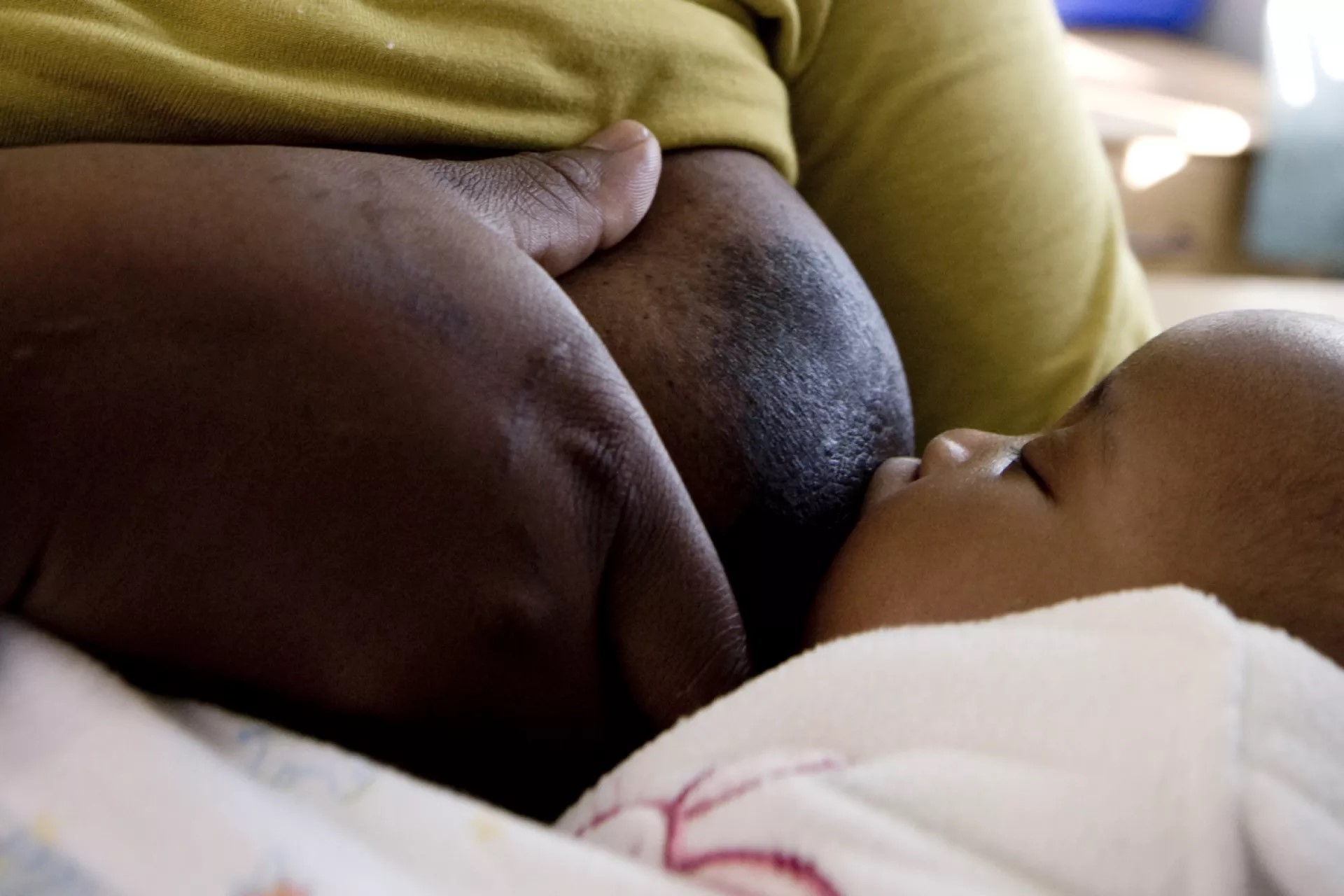Gambiaj.com – (BANJUL, The Gambia) – In a bid to raise awareness about the importance of breastfeeding for the health and well-being of both infants and mothers, the National Nutrition Agency (NaNA) is celebrating World Breastfeeding Week 2024.
World Breastfeeding Week (WBW) is celebrated globally every year from August 1 to 7 in more than 102 countries to highlight the importance of breastfeeding. This year’s theme, “Closing the Gap: Breastfeeding Support for All,” focuses on inclusive support and access to breastfeeding resources for every mother and child, emphasizing survival, health, and well-being.
The objectives of this year’s commemoration are to inform people about the inequalities that exist in breastfeeding support and prevalence, to anchor breastfeeding as an equalizer to close gaps within society, and to engage and galvanize actions on reducing inequalities in breastfeeding support by focusing on vulnerable groups.
In his remarks, Malang N.Fofana, Acting Executive Director of NaNA, highlighted the establishment of the World Breastfeeding Week initiative by WHO and UNICEF to support exclusive breastfeeding for the first six months of a child’s life, which reduces food insecurity and has many health benefits.
“As enshrined in the ‘Convention on the Rights of the Child,’ every infant and child has the right to good nutrition, which reflects this year’s theme: Closing the Gap: Breastfeeding Support for All. The World Health Organization has reported that undernutrition is associated with 45% of child deaths globally,” Fofana said.

He noted that the rate of exclusive breastfeeding for the first six months has steadily increased over the years from 48% in 2013 to 54% in 2019-2020, achieved through collaboration between government agencies, ministries, departments, and development partners. However, more support is needed to promote, protect, and support optimal young child nutrition to meet the 60% target set out in the National Nutrition Policy 2021-2025 and the global nutrition target of 70% by 2030 set by the World Health Assembly.
It is gratifying to note that The Gambia has already exceeded the global nutrition target of increasing exclusive breastfeeding to 50% by 2025.
Mr. Sanjally Tarawally, Deputy Director of Health Promotion and Education at the Ministry of Health, emphasized that breastfeeding can act as an equalizer in society. Efforts must be made to ensure everyone has access to breastfeeding support and opportunities. He called for advocacy from the media, stating it is essential that no one is left behind, especially vulnerable mothers who may need additional support to reduce breastfeeding inequalities.
Dr. Yulia Widiati, Child Survival and Development Manager at UNICEF, explained that breastfeeding contains essential antibodies that protect children against diseases. Breastmilk is a safe, nutritious, and sustainable source of good nutrition for children. Despite its known benefits, millions of children worldwide are not exclusively breastfed in their first six months of life, putting them at increased risk of illness, death, reduced learning potential, and health complications into adulthood.
She revealed that The Gambia is among the few countries that have achieved significant progress in exclusive breastfeeding, with 54% of children exclusively breastfed in 2019. The country is on course to achieve the 2025 global nutrition target of increasing the rate of exclusive breastfeeding in the first six months to at least 50%.
While this is a significant improvement, many women across the country face barriers such as harmful marketing practices, lack of access to quality healthcare, and weak family-friendly policies when making infant feeding decisions. Dr. Widiati pointed out that to build on the World Health Assembly target of 50% by 2025 and ultimately the global target of 70% by 2030, these barriers must be addressed. UNICEF is supporting the Government of The Gambia to remove these barriers.










